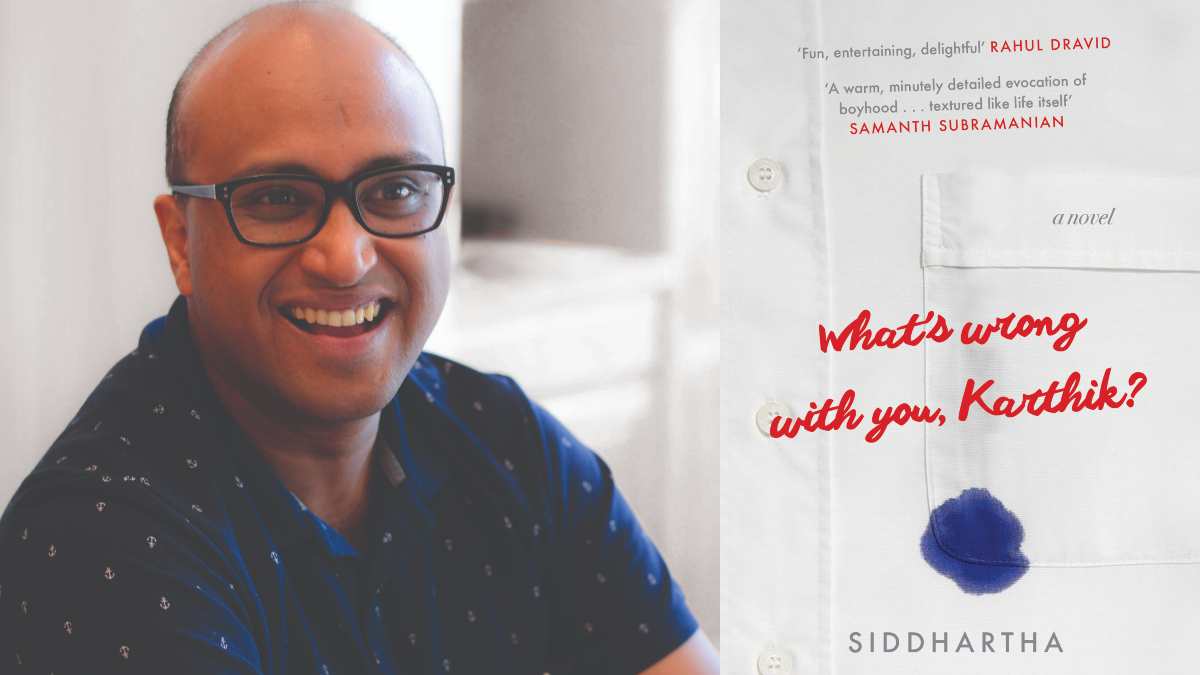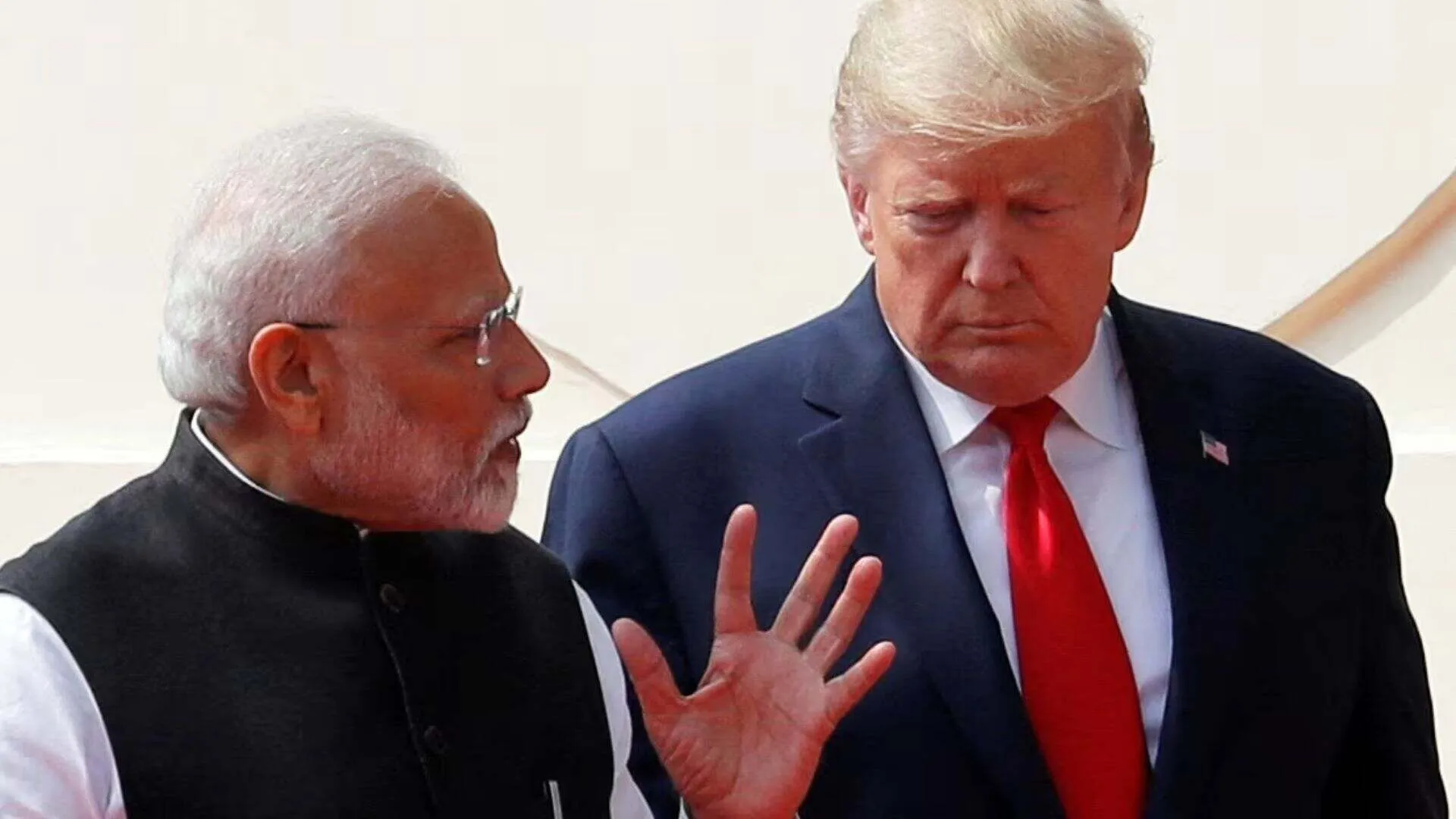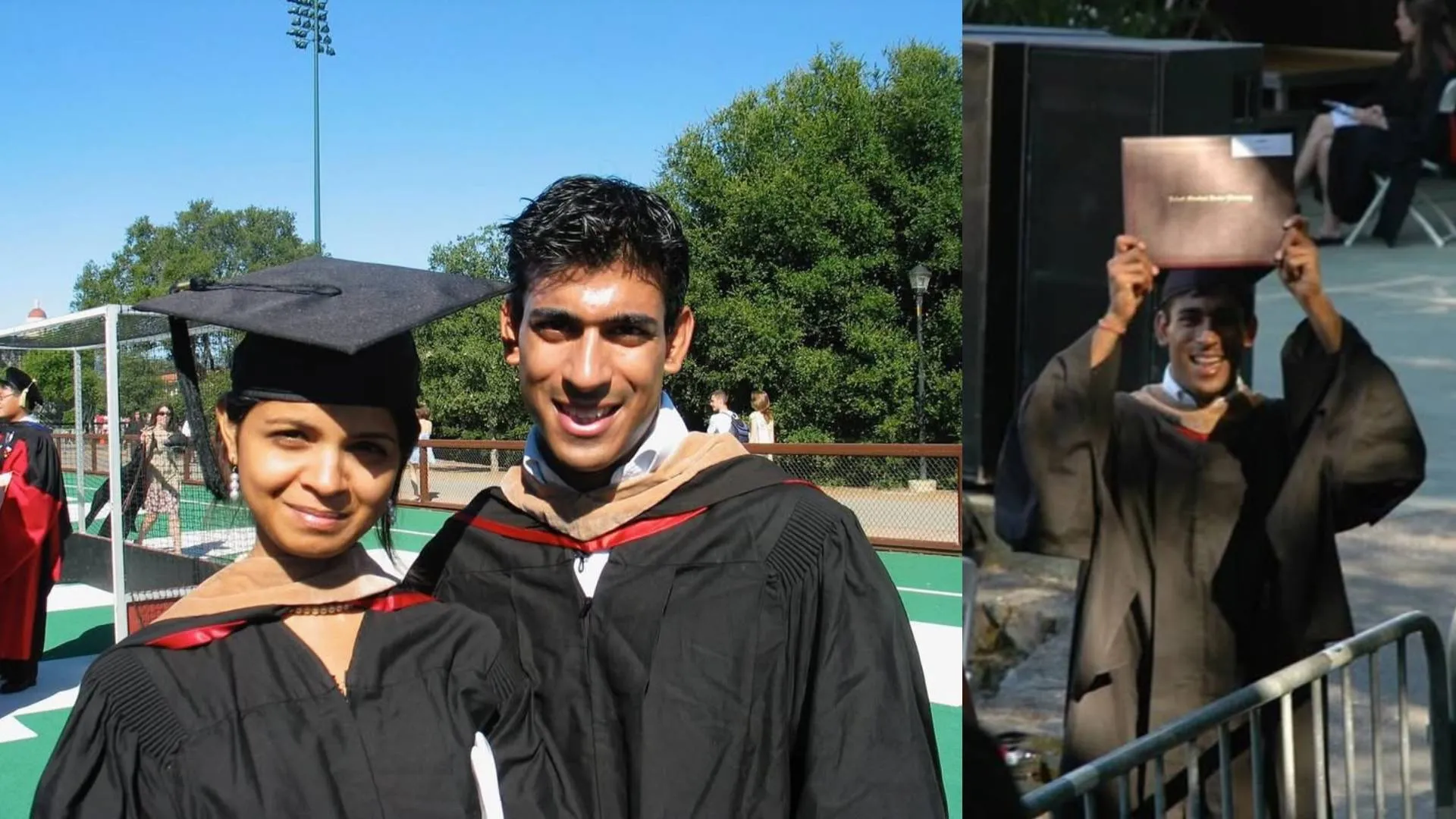Journalist-turned-author Siddhartha Vaidyanathan tells why he decided to take a journey inside the adolescent minds through his new book, What’s Wrong with You, Karthik? (Picador India, Rs 599).
Excerpts:
Q: At a time when most authors are using heavy topics like gender equality, racism, violence, etc, you chose to explore an adolescent mind with humour. Why?
A: I am drawn to fiction that engages with serious topics through the medium of storytelling. The writing needs to sustain the reader’s interest. The heavier themes can then glide below the surface. Humour, when done well, can bring the reader onto your side. It is like you are telling her: Trust me, I can make you laugh. You then go about subtly weaving in serious themes like the lasting effects of bullying, the profound relationship kids have with gods, the unreasonable academic pressures that are placed on children, and an education system that tends to reward memory over creativity.
Q. Does comedy come naturally to you?
A: As paradoxical as it sounds, I take comedy seriously. So I am never entirely satisfied with the parts meant to be funny. The challenge is to spring the humour when the reader least expects it. And to make sure the joke is calibrated to fit with the mood of the scene.
Q: The story also talks about hyper-masculinity which is a less discussed yet important side, especially in boys. Why did you feel is it important to talk about this?
A: Many men are at their most relaxed when in the company of male friends. They swear without inhibition, make inappropriate jokes, and talk about their sexual experiences. Teenage boys are similar, though some don’t stay within their limits, especially when fuelled by the male energy around them. Stronger boys dominate the weaker ones, confident boys gang up on those who are struggling to fit in, and there is an obsession with muscularity and other physical attributes. Going deep into this world helps us see why bullies act in certain ways and how the victims try, and often fail, to cope. We hear intimate conversations and realise how sexism and homophobia are easily normalised. To understand the world of boys is the first step in understanding men.
Q: The book also talks about the school system and how the rat race impacts a young mind. Was this angle explored intentionally?
A: Karthik has spent six years in alternative schooling and has only now joined the academic rat race. As an outsider, he sees the contrast. He is also clueless about how to prepare for exams. It is obvious that your grades don’t reveal your intelligence or account for your innovativeness, creativity and sensitivity, but it takes time for a child to come to terms with this. Especially a child whose
parents are as demanding as Karthik’s. Each of us will know someone who has been left broken by the system simply because they didn’t figure out how to cram textbooks and crack exams. I felt it is important to highlight the debilitating effects these exams have on many students.
Q: While reading the novel, one gets a touch of R.K. Naryan’s ‘Malgudi Days’. Who are your favourite authors and why?
A: That is the highest compliment anyone can give this book. R.K. Narayan is one of my inspirations and Swami and Friends was the first book I fell in love with. That book is full of such insights from a child’s vantage. I am delighted to read it even as an adult. I love V.S. Naipaul’s early works. Miguel Street is a rare gem. It taught me that even the best writers have drawn on their childhood experiences in their fiction. And one can never tire of how masterfully Naipaul crafts his sentences. Every word, punctuation mark does its job. And guides the reader along, one step at a time























